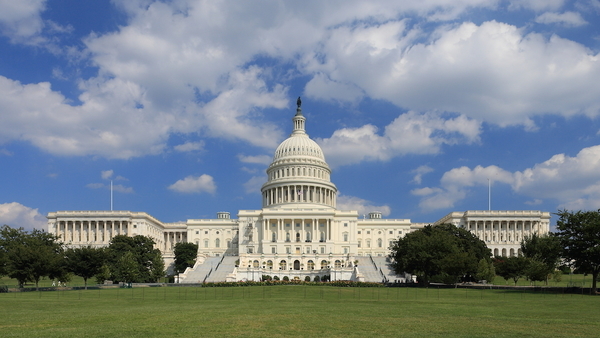
Credit unions could be freed up to spur more economic growth if Congress exempted many – if not all – of them from CFPB rulemaking and enforcement, trade groups told the Senate Banking Committee this week.
“By more clearly directing the CFPB to provide meaningful exemptions for institutions with a history of providing safe and affordable financial services, these institutions – credit unions and small banks – can take resources they intend to apply to compliance and invest them instead in their local economy,” CUNA and state credit union leagues said in a letter to the committee.
NAFCU President/CEO B. Dan Berger agreed.
“The breadth and pace of the CFPB’s rulemaking is troublesome, and the unprecedented new compliance burden placed on credit unions has been immense,” he said in his letter to the panel. “NAFCU continues to believe that credit unions should be exempted from CFPB rulemaking, with authority returned to the National Credit Union Administration.”
Banking Committee Chairman Mike Crapo (R-Id.) and the panel’s ranking Democrat, Sherrod Brown of Ohio, have been soliciting ideas about how financial institutions can help spur economic growth, as part of their effort to craft bipartisan legislation that would make changes to Dodd-Frank.
On the House side, Financial Services Chairman Jeb Hensarling (R-Texas) appears willing to pass legislation to overhaul Dodd-Frank solely with Republican votes. This week, he sent committee members an outline of changes he wants to make to the Financial CHOICE Act he introduced last year.
Democrats immediately condemned the plan, saying it would drastically decrease the CFPB’s power.
That’s exactly what should happen if Congress wants to free up the resources of financial institutions to better serve their communities, the credit union officials told the Banking Committee.
Under Dodd-Frank, the CFPB is supposed to consult with the NCUA in crafting its rules. That has not occurred, CUNA said.
“This has resulted in proposals, rules and guidance for credit unions that are conflicting, confusing and do not take into consideration the concerns of credit unions’ prudential regulator,” CUNA and the leagues said.
NAFCU said the CFPB should be converted from a one-director governed agency into a commission.
Hensarling’s plan is likely to retain the one director structure, although the agency would have greatly diminished powers.
CUNA and NAFCU also called on Congress to exempt loans to purchase a one-to-four-unit, non-owner occupied residential property from member business lending caps.
“This would free up capital for additional lending to small businesses to help foster growth,” Berger said.
The two groups also called for Congress to amend federal law to allow credit unions to have less restrictive fields of membership.


